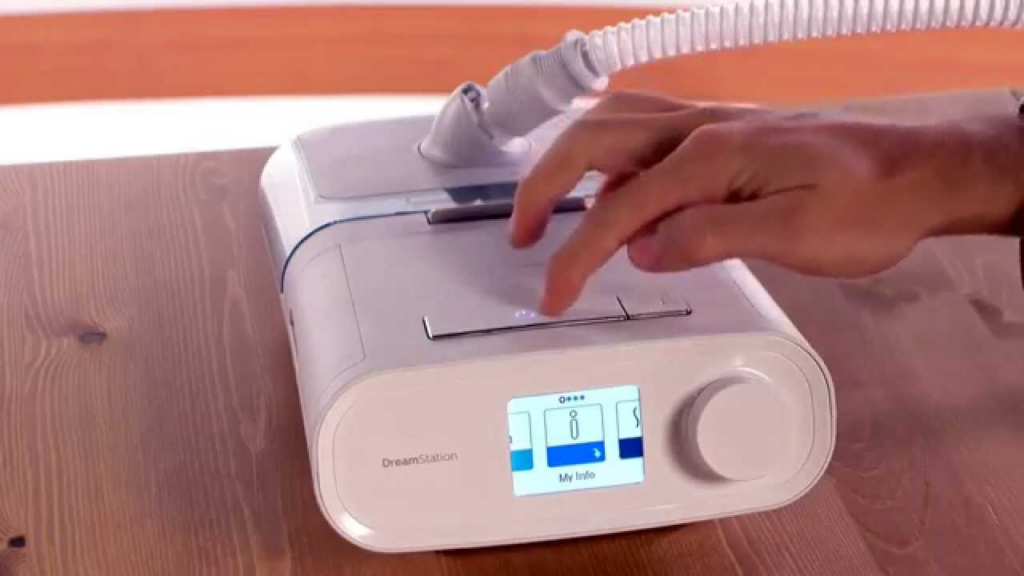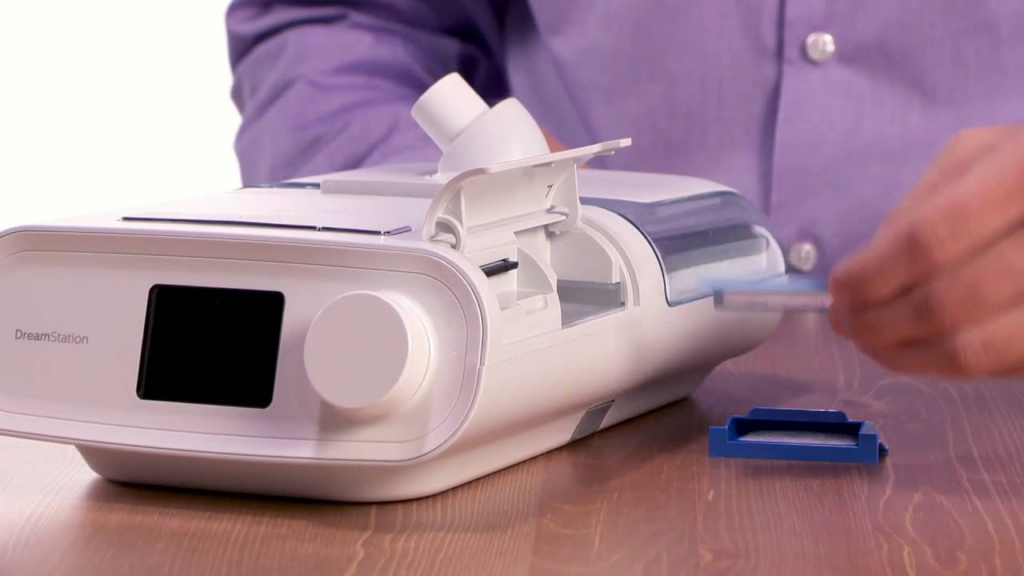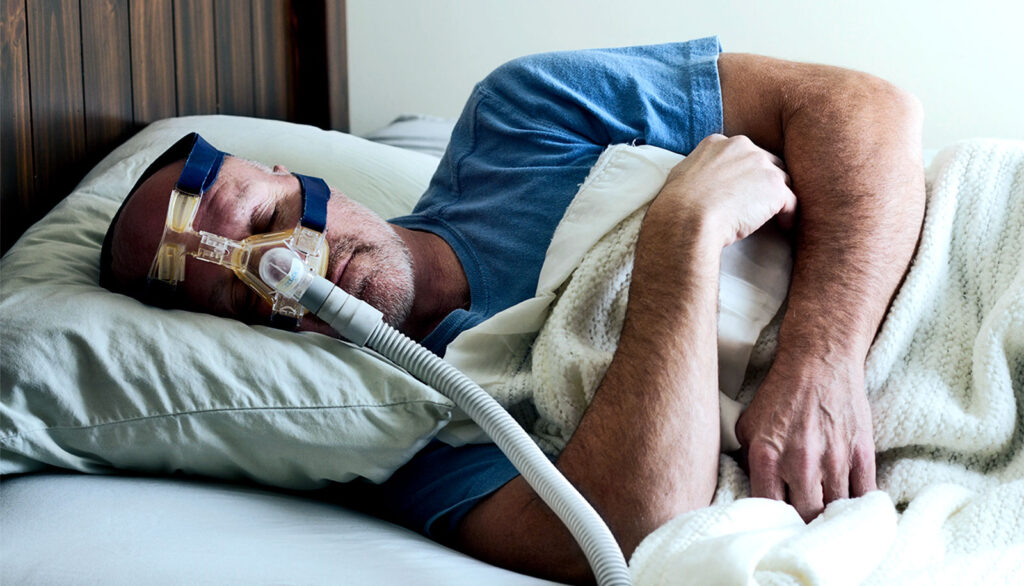Demystifying Sleep Apnea Machines: Your Guide to Effective Sleep Therapy
Sleep apnea is a common sleep disorder that affects millions of people worldwide. It is characterized by pauses in breathing or shallow breathing during sleep, which can disrupt the normal sleep cycle and lead to a host of health issues. Thankfully, there are effective treatment options available, and sleep apnea machines play a crucial role in managing this condition. In this guide, we will explore the ins and outs of sleep apnea machines and how they can improve your sleep therapy experience.
Understanding Sleep Apnea: A Comprehensive Overview
Before delving into the specifics of sleep apnea machine, it’s important to have a thorough understanding of what sleep apnea is and how it can affect your overall health and well-being.
Sleep apnea is a common sleep disorder that affects millions of people worldwide. It is characterized by repeated interruptions in breathing during sleep, which can lead to a variety of symptoms and health complications.
During sleep, the muscles in the throat and tongue relax. In individuals with sleep apnea, these muscles can relax to the point where they partially or completely block the airway. This obstruction restricts the flow of air, causing breathing to become shallow or even stop altogether.
The interruptions in breathing, known as apneas, can last for a few seconds to a minute and can occur multiple times throughout the night. These apneas often go unnoticed by the individual experiencing them, but they can have a significant impact on their overall health and well-being.

One of the primary consequences of sleep apnea is the disruption of normal sleep patterns. As the body struggles to maintain proper oxygen levels, it is constantly being aroused from deep sleep to a lighter stage of sleep or even wakefulness. This constant disruption prevents individuals with sleep apnea from getting the restful sleep they need to function properly. Learn more about portable sleep apnea solution for restful nights.
Over time, the chronic sleep deprivation caused by sleep apnea can lead to a wide range of health problems. It has been linked to an increased risk of high blood pressure, heart disease, stroke, and diabetes. The repeated drops in oxygen levels during apneas can put a strain on the cardiovascular system, leading to long-term damage.
In addition to the physical health risks, sleep apnea can also have a significant impact on an individual’s quality of life. The constant interruptions in sleep can cause daytime sleepiness, fatigue, and poor concentration, making it difficult to perform daily tasks and activities. It can also lead to mood swings, irritability, and a decreased overall sense of well-being.
Fortunately, there are effective treatment options available for sleep apnea. One of the most common and widely recommended treatments is the use of sleep apnea machines, also known as continuous positive airway pressure (CPAP) machines.
CPAP machines work by delivering a constant flow of air through a mask worn over the nose or mouth. This continuous flow of air helps to keep the airway open during sleep, preventing the interruptions in breathing that occur with sleep apnea. By maintaining proper oxygen levels and promoting uninterrupted sleep, CPAP machines can significantly improve the symptoms and health outcomes associated with sleep apnea.
It’s important to note that while CPAP machines are highly effective, they may not be suitable for everyone. Some individuals may find the masks uncomfortable or have difficulty adjusting to the airflow. In such cases, alternative treatments, such as oral appliances or surgery, may be recommended.
In conclusion, sleep apnea is a common sleep disorder that can have a significant impact on your health and quality of life. Understanding the causes, symptoms, and potential complications of sleep apnea is crucial in seeking appropriate treatment. Sleep apnea machines, such as CPAP machines, offer an effective solution for managing sleep apnea and improving overall sleep quality.
The Role of Sleep Apnea Machines in Treatment
Sleep apnea machines, also known as continuous positive airway pressure (CPAP) machines, are widely used in the treatment of sleep apnea. These machines work by delivering a constant flow of pressurized air to keep the airway open during sleep, thus preventing apneas and improving the quality of sleep.
Sleep apnea is a common sleep disorder characterized by pauses in breathing or shallow breaths during sleep. These pauses can last from a few seconds to minutes and can occur multiple times throughout the night. This disruption in breathing can lead to fragmented sleep, daytime sleepiness, and other health issues if left untreated.
How Sleep Apnea Machines Work
Sleep apnea machines consist of a main unit that houses a motor and a fan. The motor draws in air from the surrounding environment, and the fan pressurizes the air before it is delivered through a mask that is worn over the nose or mouth. The pressurized air acts as a splint, keeping the airway open and allowing for uninterrupted breathing throughout the night.
The masks used with sleep apnea machines come in various styles and sizes to accommodate different individuals. Some masks cover only the nose, while others cover both the nose and mouth. There are also masks designed specifically for individuals who breathe through their mouths or have facial hair.
It’s important to note that sleep apnea machines are highly customizable. The settings can be adjusted to meet the specific needs of the individual, ensuring optimal comfort and efficacy. Additionally, modern sleep apnea machines often come with advanced features such as heated humidifiers and automatic pressure adjustment, further enhancing the overall sleep therapy experience.
Different Types of Sleep Apnea Machines
There are several types of sleep apnea machines available on the market. The most common type is the standard CPAP machine, which delivers a constant pressure throughout the night. However, there are also bilevel positive airway pressure (BiPAP) machines, which provide different pressures for inhalation and exhalation, as well as automatic positive airway pressure (APAP) machines, which adjust the pressure based on the individual’s breathing patterns.
Each type of sleep apnea machine has its own advantages and may be more suitable for certain individuals depending on their specific needs and preferences. Consulting with a healthcare professional who specializes in sleep medicine is crucial to determining the most appropriate machine for your sleep apnea treatment.
In addition to the different types of sleep apnea machines, there are also various accessories available to enhance the overall sleep therapy experience. These accessories include chin straps to help keep the mouth closed during sleep, mask liners to reduce skin irritation, and travel cases for convenient transportation of the machine.
Furthermore, sleep apnea machines are not limited to use at home. There are portable and travel-friendly options available for individuals who need to use the machine while on the go. These compact machines are designed to be lightweight and easy to use, allowing individuals to continue their sleep therapy even when away from home.
Overall, sleep apnea machines play a crucial role in the treatment of sleep apnea. By providing a constant flow of pressurized air, these machines help keep the airway open and ensure uninterrupted breathing during sleep. With advancements in technology, sleep apnea machines have become more comfortable, customizable, and user-friendly, making them an essential tool in improving the quality of sleep and overall well-being for individuals with sleep apnea.

Selecting the Right Sleep Apnea Machine
Choosing the right sleep apnea machine is essential for successful sleep therapy. There are several factors to consider when making this decision:
Factors to Consider When Choosing a Machine
- Comfort: The machine should be comfortable to wear throughout the night. It’s important to try different masks to find the one that fits well and does not cause discomfort or air leaks.
- Noise level: Some sleep apnea machines can be quite noisy, which can be disruptive to sleep. Look for machines that operate quietly to ensure a peaceful sleeping environment.
- Portability: If you frequently travel or need to use the machine in different locations, consider the portability and ease of transportation of the machine.
- Data tracking: Many sleep apnea machines have built-in data tracking capabilities, which can provide valuable insights into your sleep patterns. This data can be useful for monitoring the effectiveness of the treatment and making necessary adjustments.
Understanding Your Specific Needs
It’s important to work closely with your healthcare provider to determine your specific needs and preferences when selecting a sleep apnea machine. They will take into account factors such as the severity of your sleep apnea, your overall health, and any underlying respiratory conditions to guide you towards the most appropriate choice.
When it comes to comfort, finding the right sleep apnea machine is crucial. The mask should fit securely on your face without causing any discomfort or air leaks. It’s recommended to try different masks and sizes to ensure a proper fit. Some masks are designed with adjustable straps and cushions to provide a customizable and comfortable experience.
Noise level is another important factor to consider. While sleep apnea machines are designed to operate quietly, some models may produce more noise than others. …

